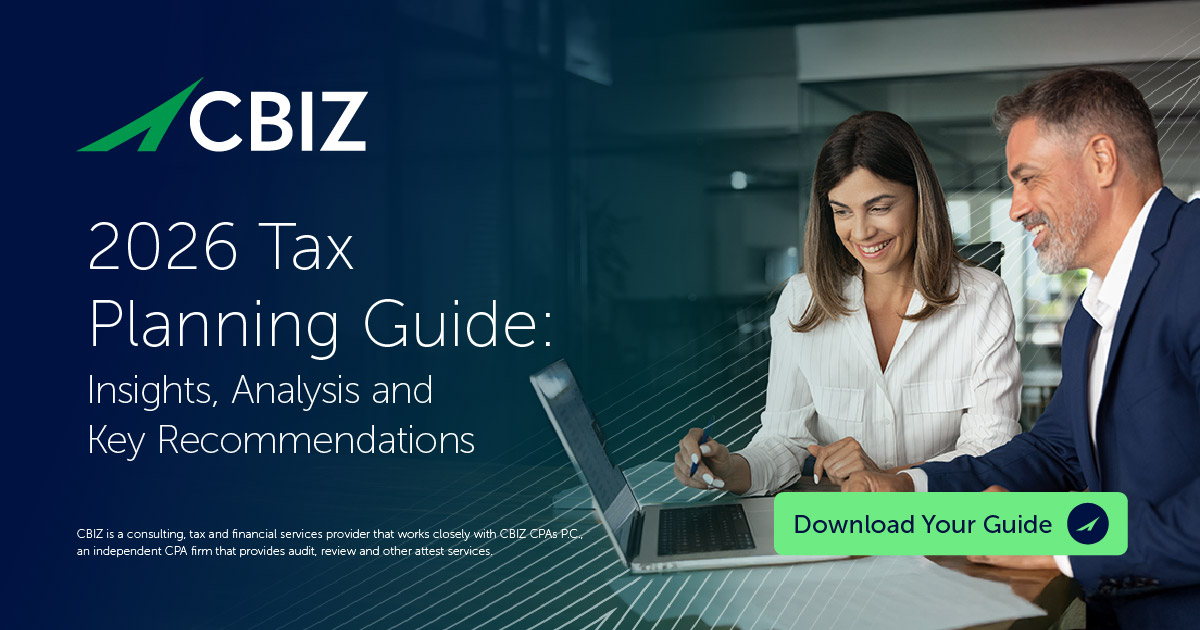The Supreme Court is currently hearing legal challenges to the Trump administration’s use of executive powers to impose tariffs on a wide range of imported goods. The administration based this action on the International Emergency Economic Powers Act (IEEPA), a 1977 federal law that allows the president to regulate international commerce during a declared national emergency.
While previous presidents have used the IEEPA to issue economic sanctions, this marks the first time it has been used to impose widespread tariffs or to pressure nations into trade negotiations. The legality of the tariffs is being challenged in cases such as V.O.S. Selections, Inc. et al. v. Trump et al. and Learning Resources Inc. et al. v. Trump et al.
The central legal issue is whether the Trump administration had the necessary authority to impose “reciprocal” tariffs on more than 50 countries. A reciprocal tariff is a tax imposed on another country’s imports at a rate that matches the tariffs that country imposes on your goods. The Court’s review does not include tariffs issued under section 301 or section 232 of the Trade Expansion Act of 1962.
Oral arguments occurred in the first week of November, with opening and response briefs having been filed throughout September and October.
Broader Economic Implications
Regardless of the Supreme Court’s decision, the Trump administration’s trade policy has already reshaped the global marketplace. It highlighted two key vulnerabilities for businesses:
- Supply Chain Susceptibility: The policy exposed how easily businesses can be affected by sudden price changes and supply chain disruptions. Companies with strong, long-standing supplier relationships have been better able to navigate these challenges through open communication and collaborative planning.
- Value Chain Scrutiny: The tariffs have forced businesses to meticulously examine their supply chains to pinpoint where economic value is truly created and how much of that value is directly tied to the imported product.
The Rise of Economic Nationalism
The new global trade landscape reflects an unmistakable shift towards economic nationalism. Governments worldwide, including the United States, are increasingly focused on rebalancing the global economy and reversing the outsourcing trends of the last two decades. While a complete reversal of global trade is impractical, businesses can adapt to this new environment by prioritizing the following:
- Supplier Relationships: Build and maintain strong partnerships with suppliers.
- Transparency and Communication: Seek transparency from suppliers about their own supply chains, maintain flexible shipping terms, and establish regular communication to discuss market changes.
- Supply Chain Expertise: Develop a robust understanding of customs procedures, including country of origin, valuation methods, and Harmonized Tariff Schedule (HTS) code classification.
- Documentation Verification: Always verify that the customs documents filed on your behalf are accurate.
- Contingency Planning: Understand the weaknesses in your supply chain and identify alternative options to ensure business continuity.
Conclusion
Ultimately, the Supreme Court’s decision will have a profound and lasting impact on the balance of power between the executive and legislative branches regarding trade policy and will impact how quickly and easily the administration can continue to administer its overall economic agenda. Regardless of the outcome, the shift toward more protective policies underscores the need for businesses to build more resilient and adaptable supply chains. The days of relying on static, low-cost international sourcing are over. To thrive in this new era, companies must actively manage their global networks, embrace transparency, and prepare for continued change.
© Copyright CBIZ, Inc. All rights reserved. Use of the material contained herein without the express written consent of the firms is prohibited by law. This publication is distributed with the understanding that CBIZ is not rendering legal, accounting or other professional advice. The reader is advised to contact a tax professional prior to taking any action based upon this information. CBIZ assumes no liability whatsoever in connection with the use of this information and assumes no obligation to inform the reader of any changes in tax laws or other factors that could affect the information contained herein. Material contained in this publication is informational and promotional in nature and not intended to be specific financial, tax or consulting advice. Readers are advised to seek professional consultation regarding circumstances affecting their organization.
“CBIZ” is the brand name under which CBIZ CPAs P.C. and CBIZ, Inc. and its subsidiaries, including CBIZ Advisors, LLC, provide professional services. CBIZ CPAs P.C. and CBIZ, Inc. (and its subsidiaries) practice as an alternative practice structure in accordance with the AICPA Code of Professional Conduct and applicable law, regulations, and professional standards. CBIZ CPAs P.C. is a licensed independent CPA firm that provides attest services to its clients. CBIZ, Inc. and its subsidiary entities provide tax, advisory, and consulting services to their clients. CBIZ, Inc. and its subsidiary entities are not licensed CPA firms and, therefore, cannot provide attest services.
















